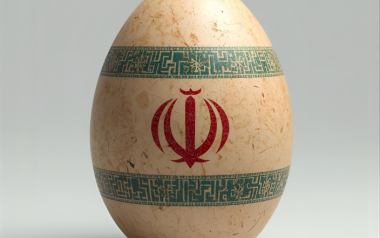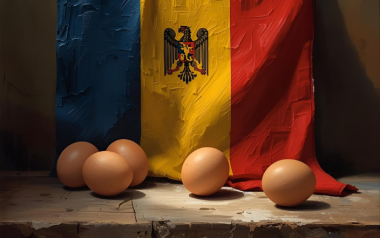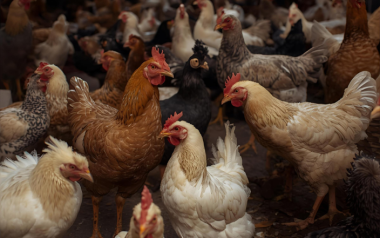Sources: Available upon request
26 Mar 2024
China removes tariffs on Brazilian chicken exports
China recently made a significant move by lifting the anti-dumping tariff it had imposed on Brazilian chicken meat.
China recently made a significant move by lifting the anti-dumping tariff it had imposed on Brazilian chicken meat. This decision, announced jointly by the Ministries of Foreign Affairs and Development, Industry, Trade, and Services, came into effect on February 17, 2024. Although the Brazilian government was officially notified only recently, the impact is already reverberating in the poultry industry.
Since 2019, China had applied anti-dumping tariffs ranging from 17.8% to 34.2% on Brazilian chicken exports, affecting several exporting companies. Additionally, 14 Brazilian poultry processing plants had entered into a “price commitment,” agreeing to set prices above a predetermined minimum. This commitment had a direct impact on their competitiveness.
The favorable decision to remove the tariffs was the result of active negotiations with Chinese authorities at various levels and the implementation of bilateral cooperation mechanisms in 2023. Despite the tariffs, Brazilian poultry exports to China had experienced significant growth. In 2023, Brazil exported poultry worth $1.61 billion to China, representing a 19.7% increase compared to 2022.
POSITION OF THE BRAZILIAN POULTRY INDUSTRY
- The Brazilian Animal Protein Association, ABPA, received positively the information released by the Ministry of Development, Industry and Commerce, MDIC, on the end of the anti-dumping process carried out by the Chinese Government, which established the application of provisional tariffs of up to 34.2% on chicken meat exports from Brazil.
- ABPA reports that this fact is an important proof of the good relations built between the governments of Brazil and China, and between the private sectors of both countries.
Brazil holds the distinction of being the world’s leading exporter of chicken meat, while China stands as its second-largest consumer and primary export destination. In the past year, Brazil shipped over 679,000 tons of chicken meat to China, amounting to more than $1.9 billion in trade.
The concept of dumping, where products are sold below cost, is regulated by the World Trade Organization. To revoke tariffs, the affected country must demonstrate that it is not exporting goods below cost. The removal of these additional tariffs is a boost for Brazilian chicken exports and opens new opportunities for other domestic producers.
In response to the tariff removal, the joint statement from the Ministries of Foreign Affairs and Development, Industry, Trade, and Services emphasized its positive impact on the Brazilian poultry sector and the economic-commercial relationship between Brazil and China.
This development marks a win for Brazilian farmers and underscores the importance of international trade cooperation. As the global demand for poultry continues to rise, this tariff removal sets the stage for increased collaboration between two major players in the chicken industry.









































